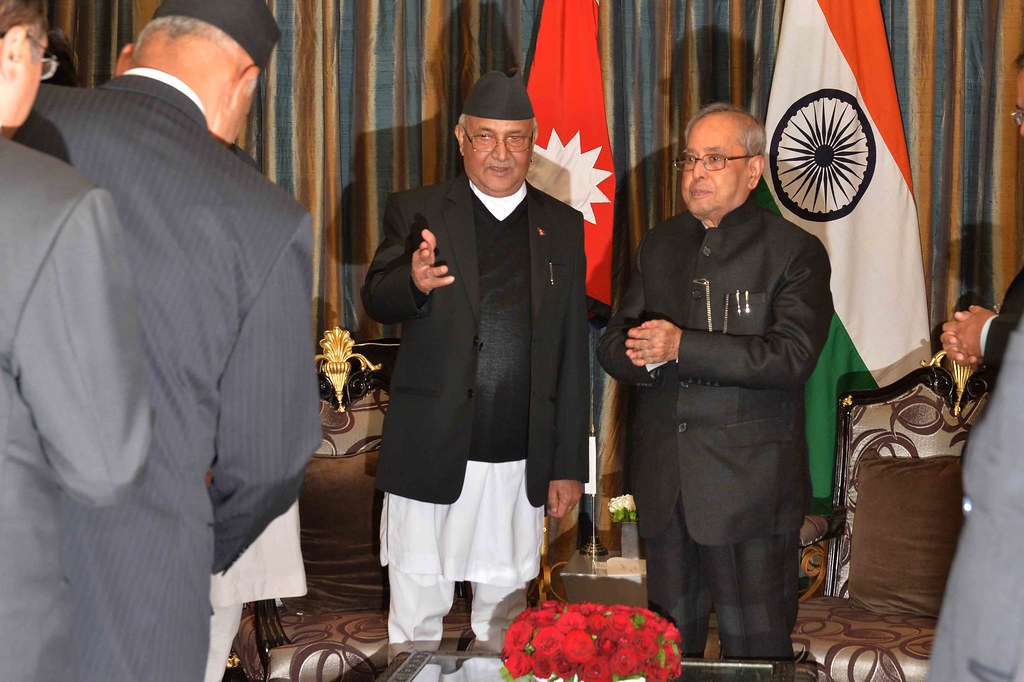Prime Minister K.P. Sharma Oli’s tenure in Nepalese politics has been full of ups and downs, where his decisions and policies sometimes brought him popularity, but at other times deep criticism. The biggest mistake that weighed heavily on his political career was his tense relationship with ,[object Object],. ,[object Object], and ,India, have always shared deep historical, cultural, and economic ties. However, during Oli’s rule, border disputes and sharp rhetoric weakened this bond considerably. Where open borders and seamless trade once defined bilateral relations, mistrust grew instead, and ordinary citizens of ,Nepal, felt the impact in their daily lives. The distance from ,India, not only caused geopolitical losses but also created economic challenges for ,Nepal,.
On another front, Oli placed strong emphasis on building close relations with ,[object Object],. Friendship and cooperation with ,China, were projected as opportunities for ,Nepal,, but in terms of balanced foreign policy, this approach backfired. A large segment of the Nepalese population maintains family and cultural connections with ,India,, while Oli’s tilt towards ,China, was seen as a departure from ,Nepal,’s tradition of neutrality. Despite promises of economic aid and infrastructure projects, deeper engagement with ,China, moved ,Nepal, away from its independent foreign policy identity. Critics argue that Oli overlooked long-term strategic interests for short-term gains. As a result, questions were raised about ,Nepal,’s sovereignty and its unique identity.
The third major mistake was ignoring the demand to reinstate ,Nepal, as a Hindu nation. ,Nepal, once held the position of the world’s only Hindu country, but after the 2006 people’s movement, it became a secular republic. Even today, a large section of the population demands ,Nepal,’s return to Hindu nationhood. Oli, by not taking this cultural and social sentiment seriously, inadvertently created another front of opposition against himself. As a result, especially in rural and traditional areas, his popularity declined. The people felt he was neglecting an identity and heritage deeply connected to ,Nepal,’s soul. This disregard further fueled political instability.
The fourth and fifth mistakes were linked to Oli’s internal political management and thirst for power. Instead of bringing together dissenting factions within his party, he consistently tried to tighten his grip on authority. This not only fueled rebellion within the ,Nepal, Communist Party but also repeatedly pushed coalition politics into crisis. Both the opposition and allies grew discontented with him. At the same time, his style of governance was perceived as rigid and overly centralized. A lack of transparency in administrative decisions and a tendency to sideline criticism became strong weapons against him. In such circumstances, public trust slowly eroded, and his political future became engulfed in instability.


